
The Bright and Dark
Sides of Computer Vision:
Challenges and Opportunities for Privacy and Security
(CV-COPS 2020)
SEC, Glasgow— Friday August 28, 2020
Important Information on Event
The interactive time slots of the workshop will be 8am to 10am and 8pm to 10pm (UTC+1). Video material is available on the ECCV conference site and will not be played during the interactive slot. The interactive sessions will be dedicated to QA.
While QA will happen during the interactive session, we also provide a mean to gather questions ahead of time via the following shared document:
https://docs.google.com/document/d/1uMM3uyTZeYLws4qc76oJXmwSOItx_oW-_DzqH5w1tzY/edit?usp=sharing
The questions will be read during the interactive session.
We are looking forward to seeing you at the workshop.
1st QA session 8am to 10am UTC+1
- Invited talks:
- In Search of Lost Performance in Privacy-Preserving Deep Learning, Reza Shokri (National University of Singapore) [Video]
- Don't Use Computer Vision For Web Security, Florian Tramer (Stanford University) [Video]
- Papers:
- Black-Box Face Recovery from Identity Features [Video]
- Adversarial Training against Location-Optimized Adversarial Patches [Video]
- Face-Image Source Generator Identification
- Spatio-Temporal Handwriting Imitation [Video]
- Privacy-Aware Face Recognition with Lensless Multi-Pinhole Camera [Video]
- Dynamic Backdoor Attacks Against Machine Learning Models
- Beyond the Spectrum: Fake Image Detection with Hierarchical Structural Artifacts
2nd QA session 8pm to 10pm UTC+1
- Invited talks:
- Responsible Computing Research Directions for Computer Vision, Asia J. Biega (Microsoft Research) [Video]
- Papers:
- Black-Box Face Recovery from Identity Features [Video]
- Revisiting the Threat Space for Vision-based Keystroke Inference Attacks [Video]
- Body Shape Privacy in Images: Understanding Privacy and Preventing Automatic Shape Extraction
- Adversarial Training against Location-Optimized Adversarial Patches [Video]
- Frequency-Tuned Universal Adversarial Perturbations [Video]
- Beyond the Spectrum: Fake Image Detection with Hierarchical Structural Artifacts
Overview
Computer vision is finally working in the real world, but what are the consequences on privacy and security? For example, recent work shows that vision algorithms can spy on smartphone keypresses from meters away, steal information from inside homes via hacked cameras, exploit social media to de-anonymize blurred faces, and reconstruct images from features like SIFT. Vision could also enhance privacy and security, for example through assistive devices for people with disabilities, phishing detection techniques that incorporate visual features, and image forensic tools. Some technologies present both challenges and opportunities: biometrics techniques could enhance security but may be spoofed, while surveillance systems enhance safety but create potential for abuse.
We need to understand the potential threats and opportunities of vision to avoid creating detrimental societal effects and/or facing public backlash. Following up on last year's very successful workshops at CVPR 2017, CVPR 2018, and CVPR 2019 this workshop will continue to explore the intersection between computer vision and security and privacy to address these issues.
Call for Papers and Extended Abstracts
We welcome original research papers and extended abstracts on topics including, but not limited to:
- Computer vision-based security and privacy attacks
- Biometric spoofing, defenses and liveness detection
- Impact of ubiquitous cameras on society
- Captchas and other visual Turing tests for online security
- Privacy of visual data
- Privacy-preserving visual features and representations
- Reversibility of image transformations
- Secure/encrypted computer vision and image processing
- Wearable camera privacy
- Attacks against computer vision systems
- Copyright violation detection
- Counterfeit and forgery detection
- Privacy implications of large-scale visual social media
- Other relevant topics
Research papers should contain original, unpublished research, and be up to 14 pages (excluding references). Research papers will be published in the ECCV Workshop Proceedings.
Extended abstracts about preliminary, ongoing or published work should be up to 2 pages (including references). Extended abstracts will be published and archived on this website.
All submissions should be anonymized and will undergo double-blind peer review. Papers and abstracts must be formatted according to the ECCV guidelines and submitted via CMT website. Accepted submissions will be invited for oral or poster presentation at the workshop.
We have two rounds of submission:
1st round:
- Submission: May 1st
- Notification: May 29th
- Submission: July 12th
- Notification: July 29th
Invited Speakers
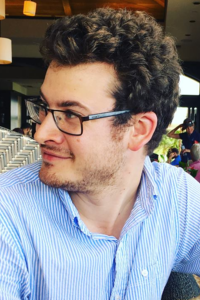
Florian Tramer
Stanford University
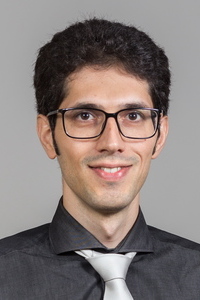
Reza Shokri
National University of Singapore
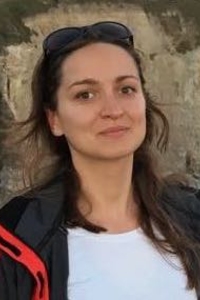
Asia J. Biega
Microsoft Research
Invited talks
- Don't Use Computer Vision For Web Security, Florian Tramer (Stanford University) [Video]
- In Search of Lost Performance in Privacy-Preserving Deep Learning, Reza Shokri (National University of Singapore) [Video]
- Responsible Computing Research Directions for Computer Vision, Asia J. Biega (Microsoft Research) [Video]
Full papers
- Black-Box Face Recovery from Identity Features [Video]
Razzhigaev, Anton; Tursynbek, Nurislam; Petiushko, Aleksandr; Kireev, Klim; Kaziakmedov, Edgarl - Revisiting the Threat Space for Vision-based Keystroke Inference Attacks [Video]
Lim, John; Price, True; Monrose, Fabian; Frahm, Jan-Michael - Body Shape Privacy in Images: Understanding Privacy and Preventing Automatic Shape Extraction
Sattar, Hosnieh; Krombholz, Katharina ; Pons-Moll, Gerard; Fritz, Mario - Adversarial Training against Location-Optimized Adversarial Patches [Video]
Rao, Sukrut; Stutz, David; Schiele, Bernt - Frequency-Tuned Universal Adversarial Perturbations [Video]
Deng, Yingpeng; Karam, Lina - Face-Image Source Generator Identification
Salamah, Mohamad; Hel-Or, Hagit - Spatio-Temporal Handwriting Imitation [Video]
Mayr, Martin; Stumpf, Martin; Nikolaou, Anguelos; Seuret, Mathias; Maier, Andreas K; Christlein, Vincent - Privacy-Aware Face Recognition with Lensless Multi-Pinhole Camera [Video]
Ishii, Yasunori; Yamashita, Takayoshi; Sato, Satoshi
Extended papers
- Dynamic Backdoor Attacks Against Machine Learning Models
Salem, Ahmed; Wen, Rui; Backes, Michael; Ma, Shiqing; Zhang, Yang - Beyond the Spectrum: Fake Image Detection with Hierarchical Structural Artifacts
He, Yang; Yu, Ning; Keuper, Margret; Fritz, Mario
Organizers

David Crandall
Indiana University

Jan-Michael Frahm
Facebook

Mario Fritz
CISPA
Helmholtz Center for Information Security
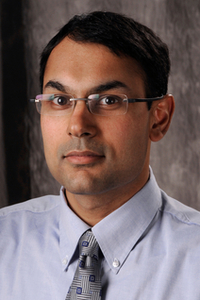
Apu Kapadia
Indiana University
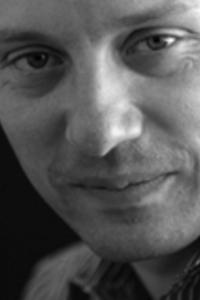
Vitaly Shmatikov
Cornell Tech
Program Committee
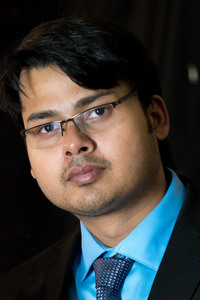
Tousif Ahmed
Indiana
University
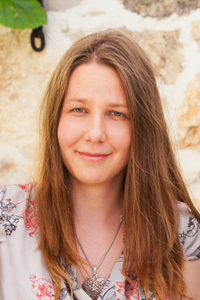
Karla Brkić
University of Zagreb

Cunjian Chen
Michigan
State University
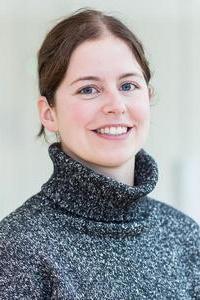
Kathrin Grosse
CISPA
Helmholtz Center for Information Security

Lucjan Hanzlik
CISPA
Helmholtz Center for Information Security
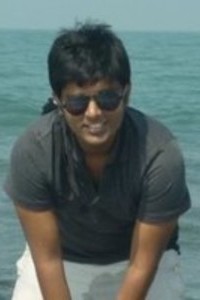
Rakibul
Hasan
Indiana University
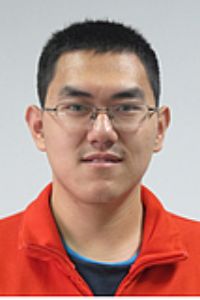
Yang He
CISPA
Helmholtz Center for Information Security
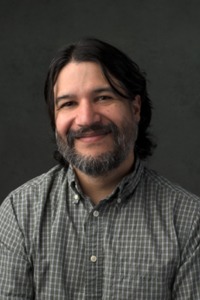
Roberto Hoyle
Oberlin College

Margret Keuper
University of Mannheim
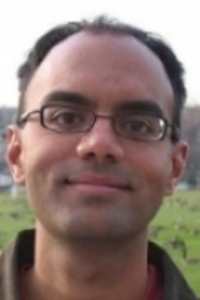
Sanjeev
Koppal
University of Florida
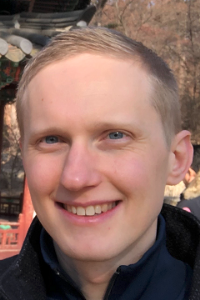
Kim Laine
Microsoft Research
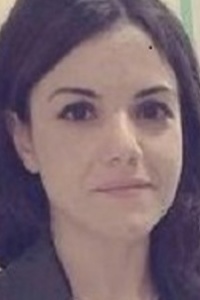
Emanuela
Marasco
George Mason University
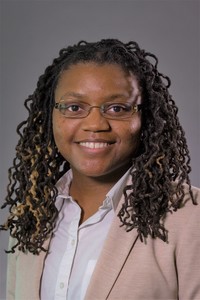
Tempestt Neal
University
of South Florida

Seong
Joon Oh
Clova AI Research, Naver
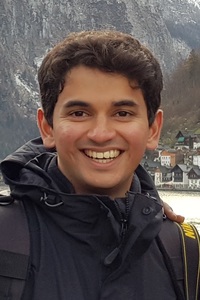
Tribhuvanesh
Orekondy
Max Planck Institute for Informatics

Mijung Park
Max Planck Institute for Intelligent Systems
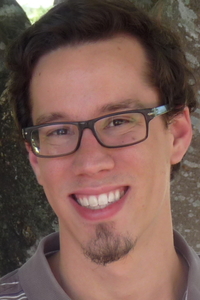
True Price
Facebook

Michael Ryoo
Google
Brain and Stony Brook University

Yoichi Sato
University of Tokyo
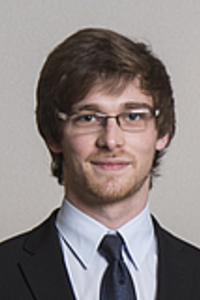
David
Stutz
Max Planck Institute for Informatics

Qianru
Sun
National University of Singapore
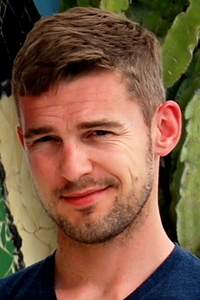
Tomasz
Trzcinski
Warsaw University of Technology
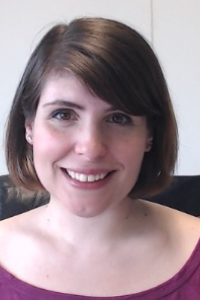
Isabel Valera
Saarland University
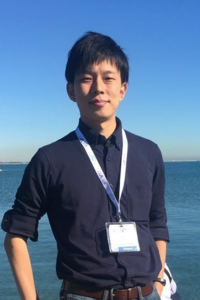
Ryo Yonetani
OMRON
SINIC X